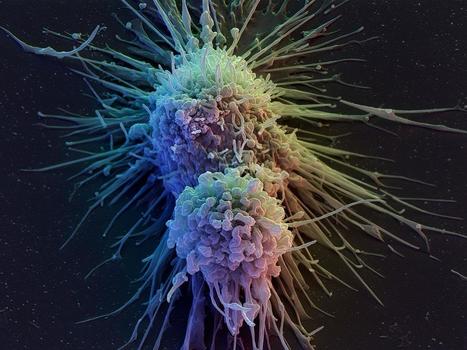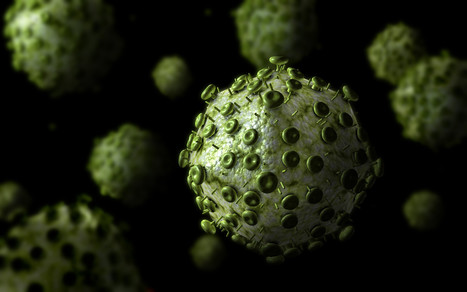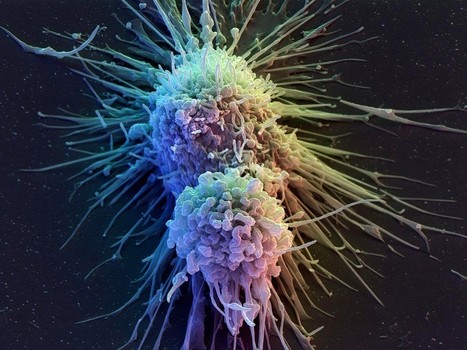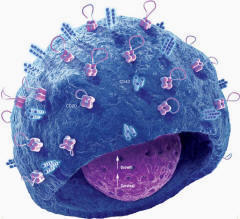A phase 2 clinical trial has been initiated to evaluate Descartes-11, an mRNA CAR T-cell therapy, as a consolidative therapy in patients with newly diagnosed, high-risk multiple myeloma who have residual disease after induction therapy.
Research and publish the best content.
Get Started for FREE
Sign up with Facebook Sign up with X
I don't have a Facebook or a X account
Already have an account: Login
 Your new post is loading... Your new post is loading...
 Your new post is loading... Your new post is loading...
|
|


























Multiple myeloma is the second most common hematological malignancy in the world and remains difficult to treat despite numerous therapeutic advances and drug approvals. Patients continue to experience multiple relapses and complications of the disease, affecting many areas of the body, such as the bones, kidneys and immune system. An mRNA-based CAR-T cell therapy, named Descartes-11, has been developed as a consolidative therapy in newly diagnosed high-risk multiple myeloma patients who have residual disease after the first treatment. Descartes-11 is engineered to express CAR molecules transiently rather than permanently, which may reduce some of the short- and long-term risks associated with traditional autologous CAR-T cell therapies. This therapy is the first mRNA-based cancer treatment to enter clinical development. Phase 1 data showed no evidence of cytokine release syndrome or neurotoxicity in patients with advanced multiple myeloma. Currently, the emergence of these adverse events remains a major challenge for CAR-T cell therapies in hematological malignancies. The Phase 2 trial (NCT04436029) will enroll approximately 30 patients with newly diagnosed multiple myeloma who remain weakly positive for residual disease after initial treatment.